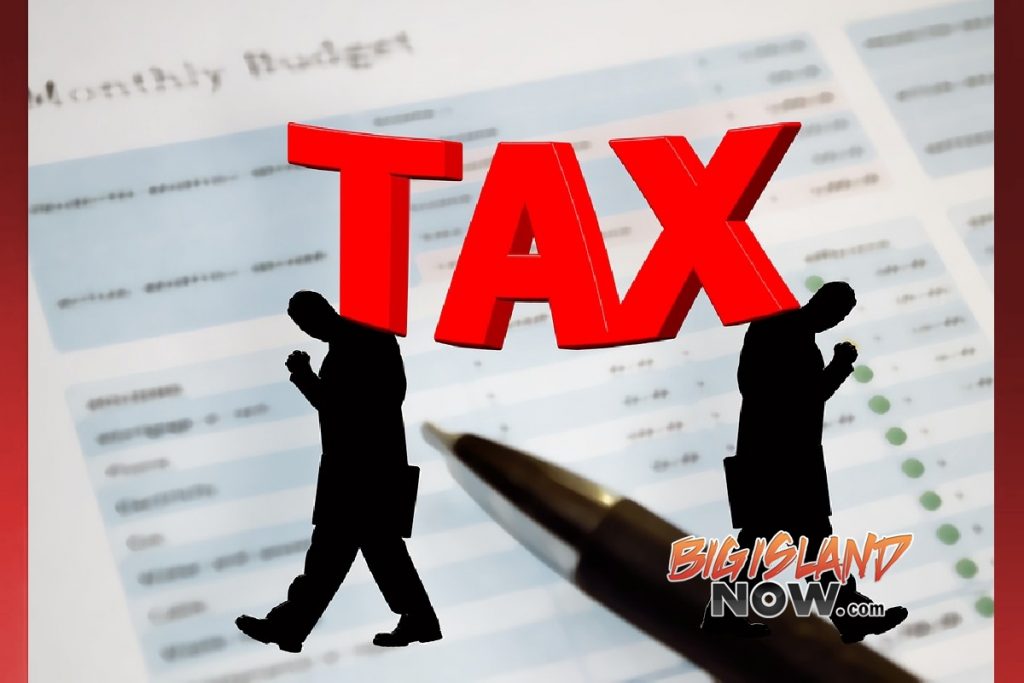Attorney General Clarifies Campaign Activity Guidelines
 With federal, state and local elections rapidly approaching, the Department of the Attorney General has provided guidance to directors, officers and staff of charitable nonprofit organizations and other nonprofits, so that they do not violate federal and state restrictions on political campaign activity.
With federal, state and local elections rapidly approaching, the Department of the Attorney General has provided guidance to directors, officers and staff of charitable nonprofit organizations and other nonprofits, so that they do not violate federal and state restrictions on political campaign activity.
Tax-exempt charitable organizations should know that they do not share the same legal rights to participate in political activity as individuals and other corporations.
Organizations exempt from income tax under Internal Revenue Code Section 501(c)(3), which include churches, private schools, universities and humanitarian organizations, pay no federal or Hawai‘i income taxes and must operate exclusively for their tax-exempt purposes.
Federal tax law specifically bars such organizations from participating or intervening in political campaigns on behalf of any candidate for public office. This means that organizations cannot directly or indirectly advocate on behalf of candidates, cannot publish or distribute statements supporting or opposing candidates, and cannot make contributions to political campaign funds.
If a charitable organization violates this prohibition, the IRS may revoke the organization’s valuable tax-exempt status. The members of a charitable organization’s governing body may also be in breach of their fiduciary duties to the organization if they allow the organization’s assets to be used for any prohibited political intervention rather than for charitable purposes.
Some non-partisan activities that may be allowed, depending on the facts and circumstances, include voter education activities and activities intended to encourage people to participate in the electoral process. There is a difference between these allowed activities and partisan political campaign activity, and it is important for tax-exempt organizations to avoid crossing the line.
The law also does not restrict the free expression of opinions by individuals or leaders who are associated with charitable organizations. Statements advocating for the election or defeat of a candidate by an exempt organization’s leadership, however, may threaten the organization’s tax-exempt status unless the leaders clearly indicate that their comments do not represent the views of the organization and there is no appearance that the organization’s resources were used to issue the statement.
There are a few easy steps to help protect the charitable organization:
- Develop a written policy prohibiting political activities, educate board members, establish internal controls to prevent political expenditures, and include disclaimers of support for political candidates.
- Provide equal time to candidates in public forums and debates, and charge candidates the same amount for the use of facilities.
- Avoid publishing any statements right before an election advocating for a public policy issue that may divide political candidates.
- Monitor website links and review social media content to ensure that political material cannot be connected to the tax-exempt organization.
To learn more about permissible and prohibited political activities of charitable organizations, review the IRS news releases and fact sheets here.






